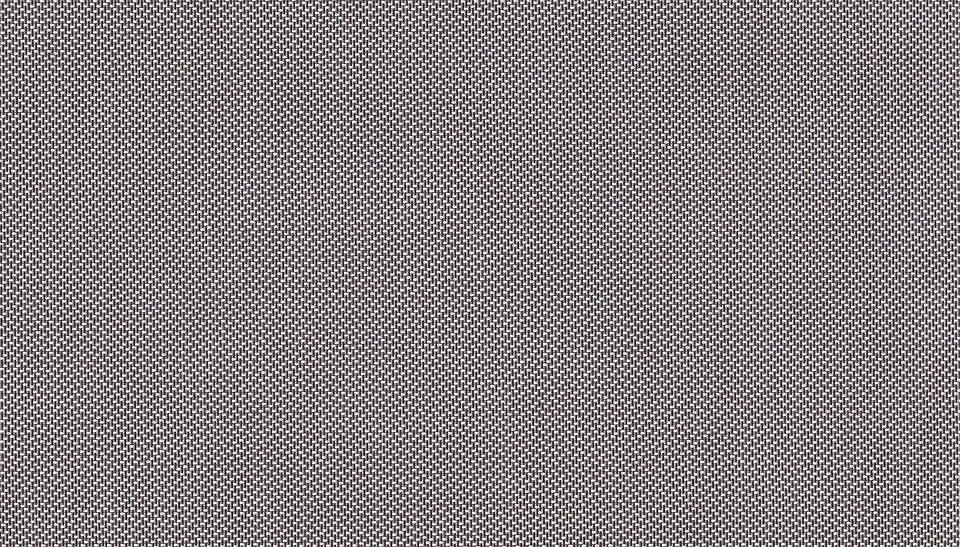Polyester has long been a staple in the textile industry. Known for its durability, versatility, and affordability, polyester has been used in everything from clothing and home furnishings to automotive and industrial applications. However, its negative environmental impact has been a growing concern, with its production and disposal contributing to pollution and waste.
Thankfully, innovations in sustainable fabric manufacturing are revolutionizing polyester production, allowing for a reimagining of this popular fabric. Companies are now utilizing cutting-edge technologies and eco-friendly practices to create a more sustainable and responsible form of polyester.
One key area of focus in sustainable polyester production is recycling. Traditional polyester is derived from petroleum, a non-renewable resource. However, advancements in recycling techniques have made it possible to transform post-consumer and post-industrial polyester waste back into new polyester fibers.
Mechanical recycling is one method that involves breaking down polyester waste into small chips, which are then melted and spun into new fibers. This process reduces the need for virgin polyester and diverts waste from landfills. Additionally, chemical recycling techniques are being developed to break down polyester into its raw components, allowing for the creation of new polyester without any loss in quality.
Another important aspect of sustainable polyester manufacturing is the use of bio-based materials. Companies are turning to renewable resources like corn and sugarcane to create a bio-based form of polyester known as bioPET. BioPET has the same properties as traditional polyester but requires significantly fewer fossil fuels and emits less greenhouse gases during production.
In addition to recycling and bio-based materials, innovations in energy and water conservation are transforming polyester manufacturing. Energy-efficient machinery and processes, as well as the use of renewable energy sources, are reducing the carbon footprint associated with polyester production. Water-saving technologies are also being implemented to minimize water usage and decrease the release of harmful chemicals into waterways.
Furthermore, transparency and traceability throughout the supply chain are crucial for sustainable polyester production. Companies are adopting certification systems that verify the origin and production methods of their polyester fabrics. This allows consumers to make informed choices and support brands that prioritize sustainability.
These innovations in sustainable fabric manufacturing are not only reducing the environmental impact of polyester production but also offering new opportunities for businesses. As consumers become more conscious of their purchasing decisions, there is a growing demand for sustainable products. By embracing these innovations, manufacturers can differentiate themselves in the market, attract eco-conscious customers, and contribute to a more sustainable and circular economy.
In conclusion, polyester, once known for its negative environmental impact, is being reimagined through innovations in sustainable fabric manufacturing. Recycling techniques, bio-based materials, energy and water conservation, and transparent supply chains are transforming the way polyester is produced. These advancements not only reduce the reliance on non-renewable resources but also minimize pollution and waste. As the fashion and textile industry continues to evolve, embracing these innovations is essential for a more sustainable future.

